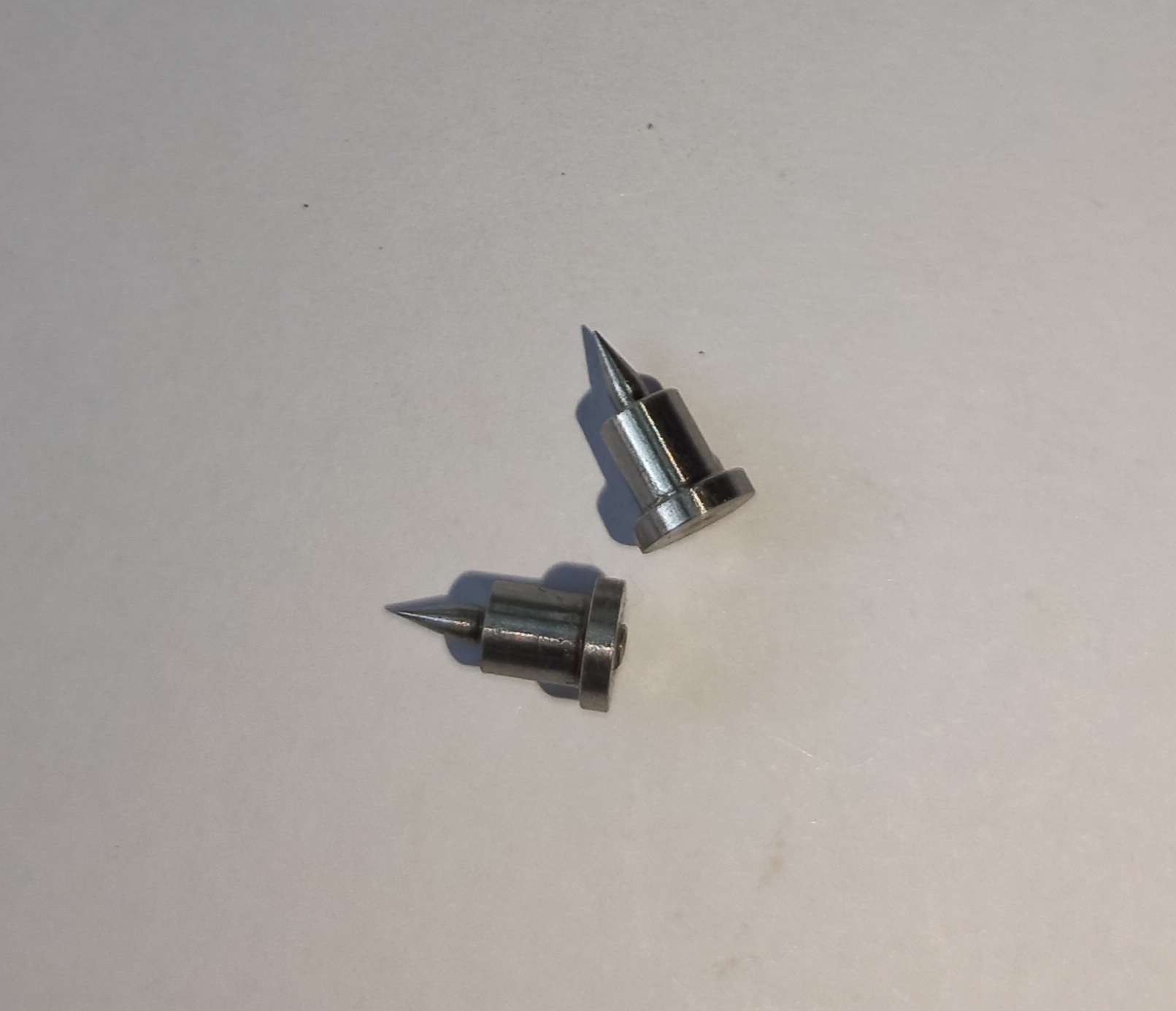
Small part machining is a specialized branch of manufacturing focused on producing high-precision, miniature components for various industries. From aerospace and automotive to medical devices and electronics, the demand for smaller, more accurate parts continues to grow as technology advances. This machining process requires not only expert knowledge but also cutting-edge tools and equipment capable of working at micro-scale tolerances.
What is Small Part Machining?
Small part machining involves the fabrication of parts that are typically smaller in size but demand extremely tight tolerances, often within microns. These components can range from intricate metal gears to precision medical devices, all of which require exceptional accuracy and surface finishes. The machinery used for these processes includes CNC (Computer Numerical Control) machines, Swiss-style lathes, micro-milling machines, and EDM (Electrical Discharge Machining) systems. The common materials machined are metals like aluminum, brass, steel, titanium, and even some plastics.
Importance of Precision
In small part machining, precision is not just a goal; it is a necessity. A slight deviation in measurement can lead to malfunctioning components, affecting the entire system in which they are installed. Industries like aerospace and medical devices are particularly stringent when it comes to tolerances. For example, components used in aircraft engines or surgical instruments must meet the highest standards, as the failure of any small part can result in catastrophic consequences.
To meet such demands, manufacturers use state-of-the-art technology, including CAD (Computer-Aided Design) and CAM (Computer-Aided Manufacturing) software, to design and program the machining of each part. These technologies allow for enhanced precision and repeatability, ensuring each piece produced is of the highest quality.
Challenges in Small Part Machining
While small part machining offers opportunities for creating intricate components, it presents unique challenges as well:
Tooling: Given the miniature size of the parts, specialized micro-tools are required. These tools are more fragile than standard ones and must be handled carefully to prevent breakage.
Vibration and Stability: During machining, small parts are more prone to vibration, which can affect accuracy. Engineers must design methods to stabilize the workpiece and the tooling to minimize errors.
Material Properties: The properties of the materials used, such as hardness or brittleness, can affect the machining process. Machinists must carefully select cutting speeds, tool geometry, and other parameters based on the material.
Inspection and Quality Control: Measuring tiny parts with micron-level tolerances is extremely difficult and requires advanced inspection tools like coordinate measuring machines (CMMs), laser scanners, and microscopes.
Industries Benefiting from Small Part Machining
Several industries have grown increasingly reliant on small part machining to achieve innovation and precision in their products:
Aerospace: Aircraft engines, sensors, and navigation systems require precise, high-performance components.
Medical Devices: From surgical tools to implants, small parts are critical for maintaining health and safety standards in medical procedures.
Electronics: As devices become more compact, the demand for smaller, more efficient parts has skyrocketed.
Automotive: Precision components like fuel injectors and transmission parts help vehicles perform more efficiently and reliably.
The Future of Small Part Machining
As technology continues to evolve, the capabilities of small part machining are also advancing. The introduction of more efficient CNC machines, automated robotic systems, and even additive manufacturing is pushing the boundaries of what’s possible in miniature component production. Industry 4.0 and IoT (Internet of Things) integration will further enhance machine monitoring, predictive maintenance, and overall production efficiency.
Partnering with Experts in Small Part Machining
Given the complexity and precision required for small part machining, it is vital to partner with a company that has the expertise and advanced tools to meet your needs.
Mech Source is one of the leading companies specializing in small part machining using Swiss-style CNC lathes. With a commitment to precision and innovation, we provide high-quality machined components across a variety of industries. Whether you need custom parts or large production runs, we can deliver components to your exact specifications. Connect with us for your machined component requirements and experience the benefits of precision engineering at its finest.